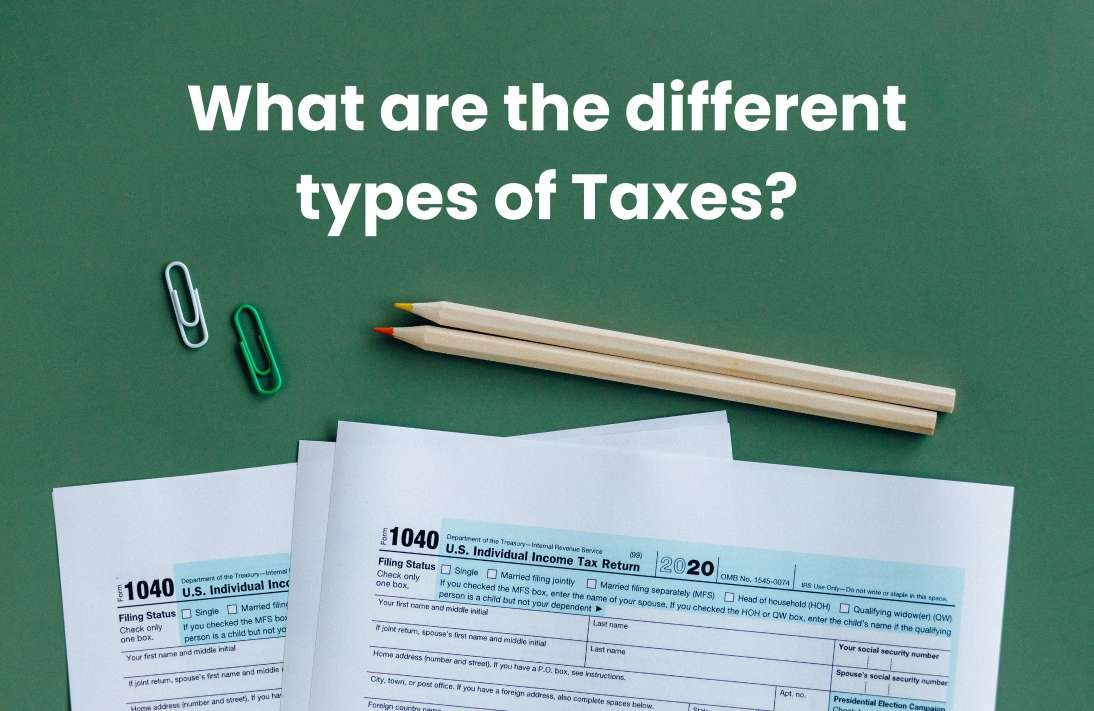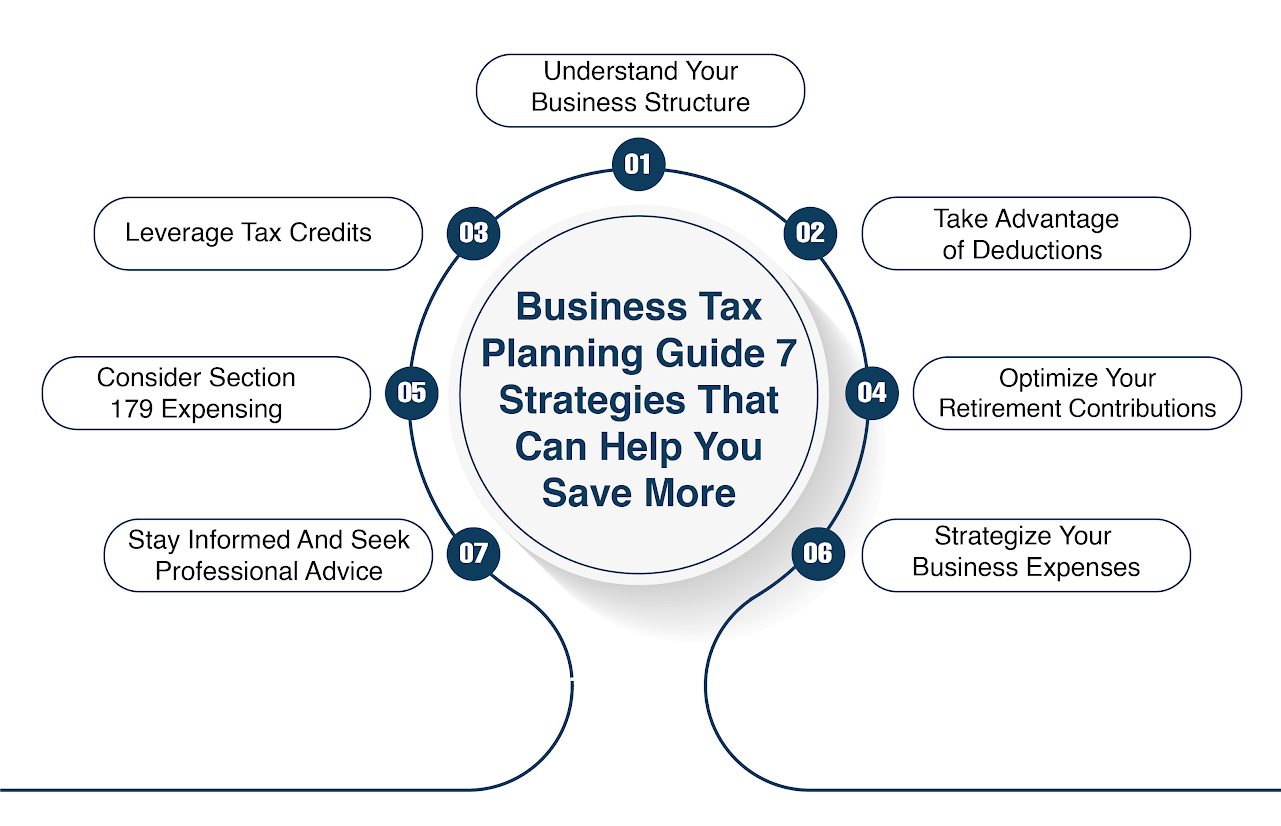Taxes are significant for any country as they provide the government with the money to pay for infrastructure and public services. There are various tax types, each with a distinct goal and function. While some taxes are imposed on individuals, others are placed on transactions or businesses. Therefore, everybody who wishes to make wise financial decisions must comprehend the various tax types and their effects. This article will discuss different types of taxes and their characteristics.
Income Tax
Income tax is a tax that is imposed on income earned by individuals and businesses. This tax is a percentage of income earned during a given period. Moreover, the amount of tax owed depends on the income earned. Federal, state, and local income tax is demanded in the US. In addition, the Internal Revenue Service (IRS) imposes federal income tax on the income of individuals, corporations, and other entities. The concerned authority calculates these taxes depending on a progressive tax system, which means that higher-income earners pay a higher percentage of their income.
Individuals should file a tax return each year, reporting their income earned during the previous years. It also depends on any deductions or credits they may be eligible for. State and local governments may also impose income taxes. However, the rates and rules vary widely depending on the state and municipality.
Property Tax
The government imposes a charge known as property tax on real properties. Typically, it is based on the property’s assessed values which the local government decides. Local government expenses like schools, police, fire departments, and road maintenance are often covered by these taxes.
State and local governments impose property taxes in the United States. First, the amount of property tax due is determined based on the property’s assessed value, which the local government determines. The amount of tax due is then calculated by multiplying the property’s estimated value by the applicable tax rate.
Sales Tax
In the United States, state and local governments impose a tax known as a sales tax on the purchase of specific goods and services. The tax is often added at the time of purchase and is calculated as a percentage of the retail price of the good or service.
The state and locality have an impact on the sales tax rate. For example, sales taxes can be as high as 10% in some areas, like California, while they are entirely exempt in others, like Delaware.
Sales tax income is a significant source of funding for state and local governments, and it is frequently used to support vital services like public safety, transportation, and education. Sales tax must be collected and sent to the government by retailers on behalf of their clients.
Estate Tax
A tax on the distribution of assets from a decedent’s estate to their heirs or beneficiaries is known as estate tax, often referred to as inheritance tax. The United States federal government imposes an estate tax on estates exceeding a predetermined threshold, currently $11.7 million for single people and $23.4 million for married couples.
Estate tax depends on the value of the estate as a whole, comprising the value of the personal property, investments, and real estate. For estates with a value greater than the exemption limit, the tax rate might increase to 18% to 40%.
Additionally, several states have their own estate or inheritance taxes with varying exemption limits and tax rates. In some circumstances, the state tax may apply even when no federal estate tax exists.
Excise Tax
A tax on purchasing or using particular goods and services, including alcohol, cigarettes, petrol, and guns, is known as an excise tax. The tax is usually paid by the customer at the time of purchase and is included in the cost of the good or service.
Although states may also establish their excise taxes, the federal government in the United States is mainly responsible for enforcing them. The federal government uses excise taxes to raise money and deter people from consuming certain products and services that are viewed as hazardous, like alcohol and cigarettes.
The excise tax rate changes depending on the good or service being taxed. Businesses that sell taxable goods or services are typically responsible for collecting excise taxes, which are then paid to the government. Excise tax evasion may result in fines and penalties.
Cooperate Tax
A tax imposed on the profits made by firms in the United States is called a corporate tax. Sometimes it is also called a business tax. Like individuals, corporations are obligated to pay taxes on their income since they are considered independent legal entities from their owners.
The federal corporate tax rate in the United States is a flat 21% on taxable income. Yet, several possible exemptions, credits, and deductions can lessen a corporation’s taxable income and lower its tax obligation.
Many states apply their corporate income taxes in addition to the federal company tax, which varies from state to state. While some states have a flat tax rate, others have a progressive tax rate that rises with taxable income for corporations.
Payroll Tax
The Federal Revenue Service requires corporations to file an annual tax return and pay any taxes due by the deadline. Penalties and interest charges may apply if a tax return is not filed or taxes owed are not paid.
Payroll tax is a tax on the wages and salaries that US firms pay their employees. Payroll taxes include Social Security and Medicare taxes. They help to pay for retirement and disability payments and medical treatment for the elderly and disabled, respectively.
Up to a particular salary threshold, employers and employees contribute 6.2% of the employee’s salaries to the Social Security tax. There is no upper salary limit for the 1.45% Medicare levy that both employers and employees must pay.
Employers may be obliged to deduct federal and state income taxes and Social Security and Medicare taxes from their employee’s earnings. It depends on the employee’s income, exemptions, and other considerations.
FAQs
What Is The Deadline For Filing Federal Income Tax Returns In The US?In the United States, you must file for federal income tax returns typically on April 15th of each year. However, the deadline may be extended to another date in certain circumstances. For example, when April 15th falls on a holiday or weekend.
Can I Deduct State Income Tax On Federal Income Tax Returns?Yes, you can deduct state income taxes on your federal income tax return if you itemize your deductions. However, there are limits on state and local tax amounts. For example, for 2022, the maximum deduction for state and local taxes is $10,000.
Is There Any Difference Between A Tax Deduction And A Tax Credit?A tax deduction reduces the amount of income that is subject to taxes. While a tax credit directly reduces the amount of tax owed. For example, if you have a $1,000 tax deduction and are in the 25% tax bracket, the tax reduction will be $250. If you have a $1,000 tax credit, your tax bill will be reduced by $1,000.







